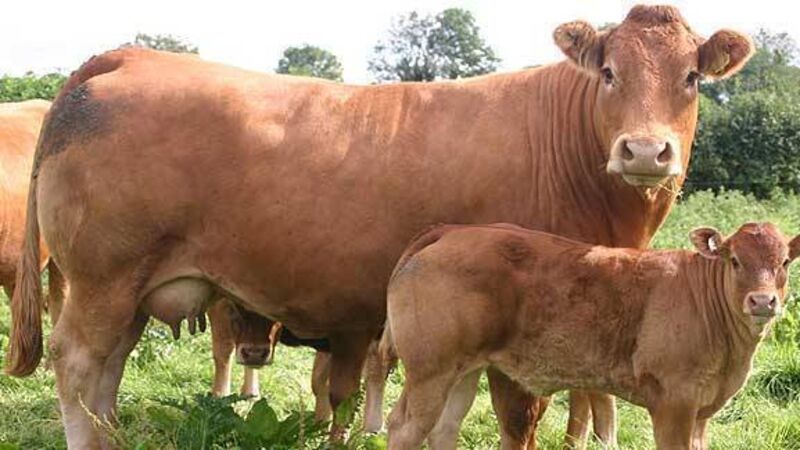Last thing the beef industry needs is internal sabotage

That’s welcome news for the beef sector, which often seems to find itself on the brink of some kind of major setback.
There was major fear that a Mercosur trade agreement between the EU and South American countries would derail the beef industry — even if the snail’s pace speed of trade negotiations would ensure most existing beef farmers would be retired by the time it came about.













